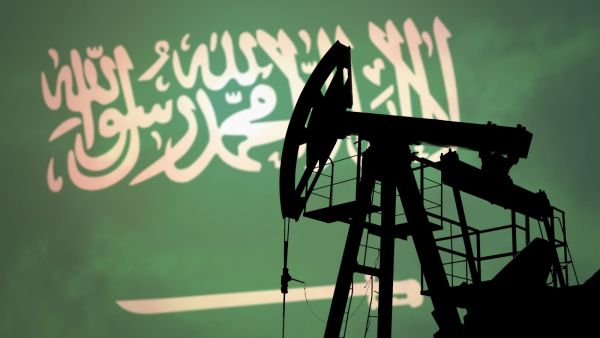ALBAWABA – Oil prices rose Friday through Sunday, news agencies reported, but Saudi Arabia’s decision to extend its oil production cuts through August may trigger an economic contraction in the Kingdom’s economy, Bloomberg anticipates.
Brent futures rose $1.95 on Friday to settle at $78.47 a barrel, while West Texas Intermediate crude (WTI) rose $2.06 to settle at $73.86, according to Reuters.
Since then, Brent crude prices rose and trading is at around $78.5 per barrel, as of Sunday, according to Bloomberg.
Notably, that was the highest close for Brent since May 1 and WTI since May 24. Both benchmarks ended up about 5 percent for the week.
However, despite Brent crude prices rising, it has lost 9 percent in value this year.
Saudi Arabia’s efforts are likely to backfire, despite a slight increase in oil prices, and may cause a shrinkage in what was the Group of 20’s fastest-growing economy in 2022.
Stubborn oil prices
According to the New York-based news agency, Saudi Arabia’s production cuts are part of a largely unsuccessful effort by Saudi and other countries to raise oil prices. But the oil market is not responding in the same way it did when Russia invaded Ukraine back in 2022.
It is expected to stark a turnaround in the $1 trillion economy, after hitting a growth rate of 9 percent in 2022.
The country’s oil revenues, from selling at $100 per barrel last year, helped Crown Prince Mohammad bin Salman’s efforts to invest billions in various sectors, from sports to tourism, to building new cities.
This year, however, with oil prices down and the Kingdom producing just nine million barrels per day, Saudi Arabia is not expected to retain the same kind of profits. Especially with some of the world’s largest economies slowing down, and oil demand declining worldwide.
Saudi Arabia’s decision to extend the output cut may have raised oil prices, but only slight, Bloomberg reported.
It is likely that slashing oil supply will drag on the world largest biggest oil exporters, Bloomberg explained.
Saudi’s economy will fall by 0.1 percent this year if the government raises production in September and by 1 percent if it holds the course for the rest of 2023, according to Bloomberg Economics.
“The Saudi cut could be costly,” said Jean-Michel Saliba, Middle East and North Africa economist at Bank of America Corp.








